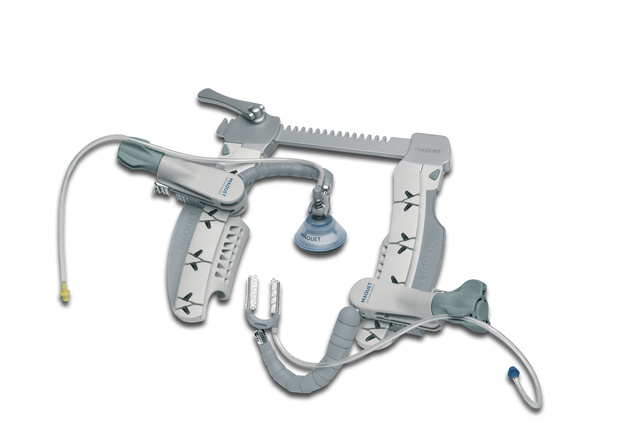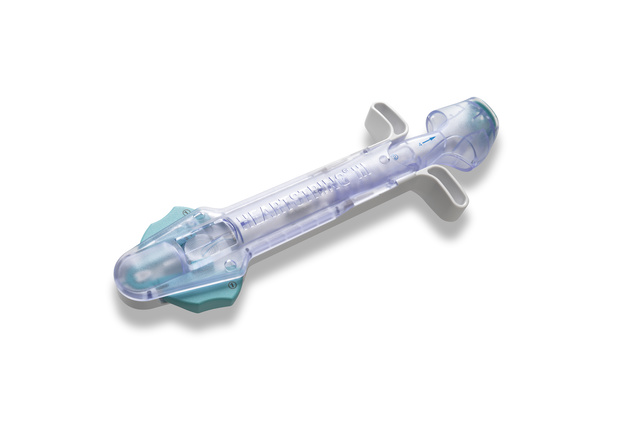心拍を維持
止まることのない命のリズム

心臓を拍動させたまま行う、オフポンプ冠動脈バイパス術(OPCAB)

ACROBAT システムによる OPCAB – CABG手術でクランプの使用削減に貢献
従来の冠動脈バイパス術(CABG)では、患者を人工心肺装置に装着するために、主に2つのクランプ方法を用います:クロスクランプとパーシャルクランプです。
OPCAB手術では、パーシャルクランプは必要ではありません。医師の中には、大動脈にグラフトを縫合する時に無血視野を作るため、パーシャルクランプを使用する場合もありますが、OPCAB の利点を最大限に活用できる別の方法もあります。

大動脈クランプをやめ、 冠動脈バイパス術(CABG)のリスクを低減
Heartstring III は、冠動脈バイパス術(CABG)中の大動脈クランプを必要としません。これは脳塞栓症 のリスクを減らし、患者の神経認知機能を向上させる可能性があります。
ゲティンゲの製品を見る
最適な製品とソリューションを見つける
